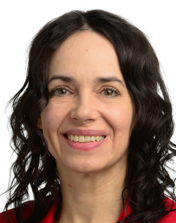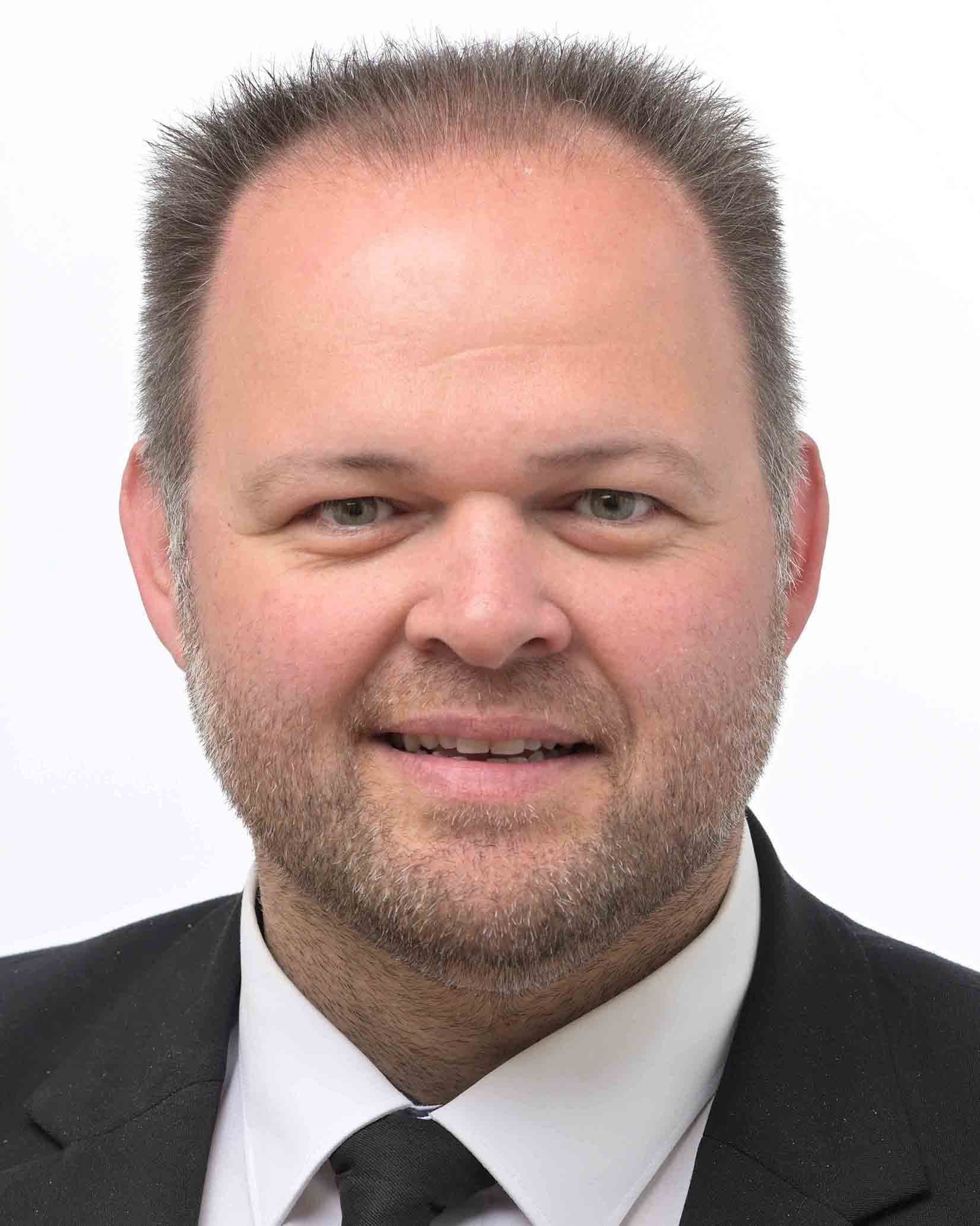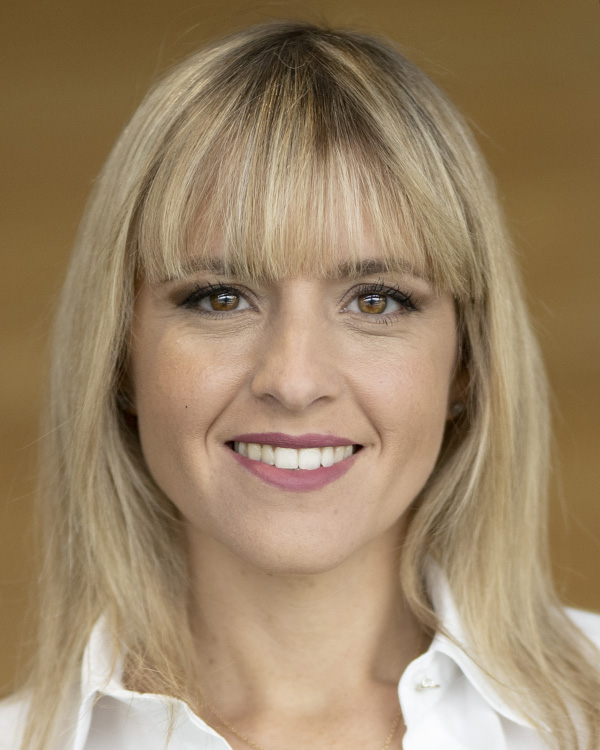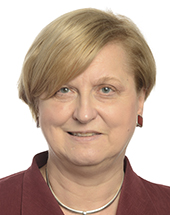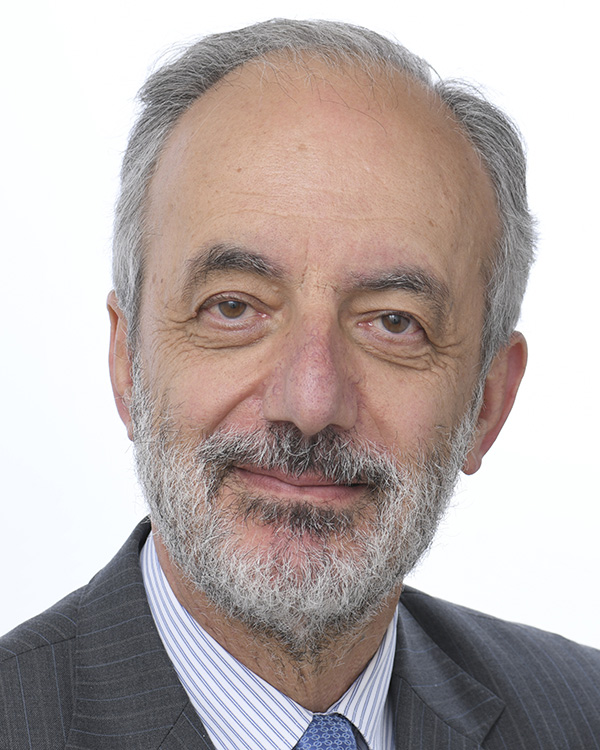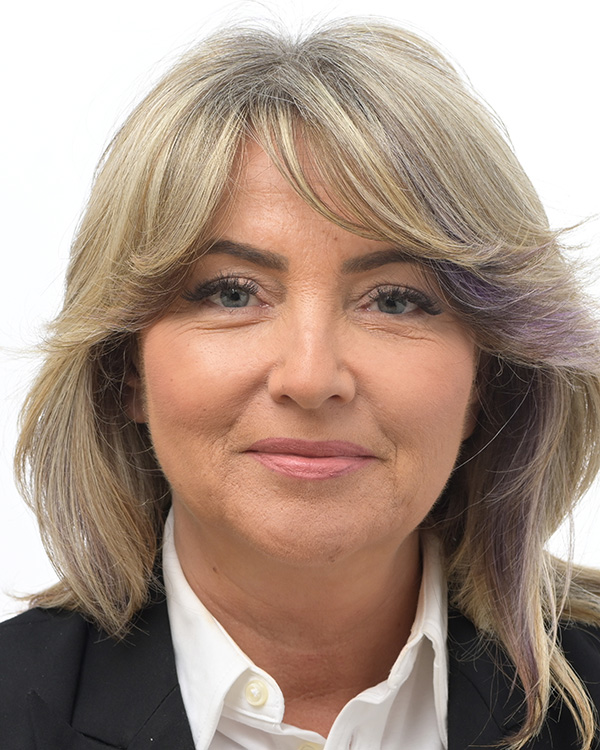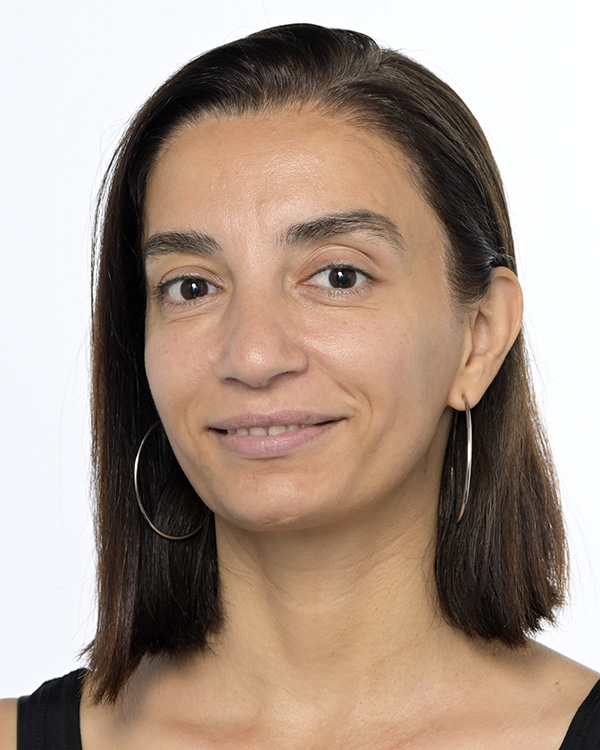
Choisissez la langue de votre document :
- bg - български
- es - español
- cs - čeština
- da - dansk
- de - Deutsch
- et - eesti keel
- el - ελληνικά
- en - English
- fr - français
- ga - Gaeilge
- hr - hrvatski
- it - italiano
- lv - latviešu valoda
- lt - lietuvių kalba
- hu - magyar
- mt - Malti
- nl - Nederlands
- pl - polski
- pt - português
- ro - română
- sk - slovenčina
- sl - slovenščina
- fi - suomi
- sv - svenska
|
| Menetlus : 2020/2128(INI) |
| Dokumendi valik : A9-0173/2021 | ||||||
Esitatud tekstid : A9-0173/2021 | Arutelud : PV 08/06/2021 - 15CRE 08/06/2021 - 15 | Hääletused : PV 09/06/2021 - 3PV 09/06/2021 - 16 | Vastuvõetud tekstid : P9_TA(2021)0278 | |||
| Istungi stenogramm |
|
|
| Teisipäev, 8. juuni 2021 - Strasbourg |
|
| Viimane päevakajastamine: 20. september 2021 | Õigusteave - Privaatsuspoliitika |





